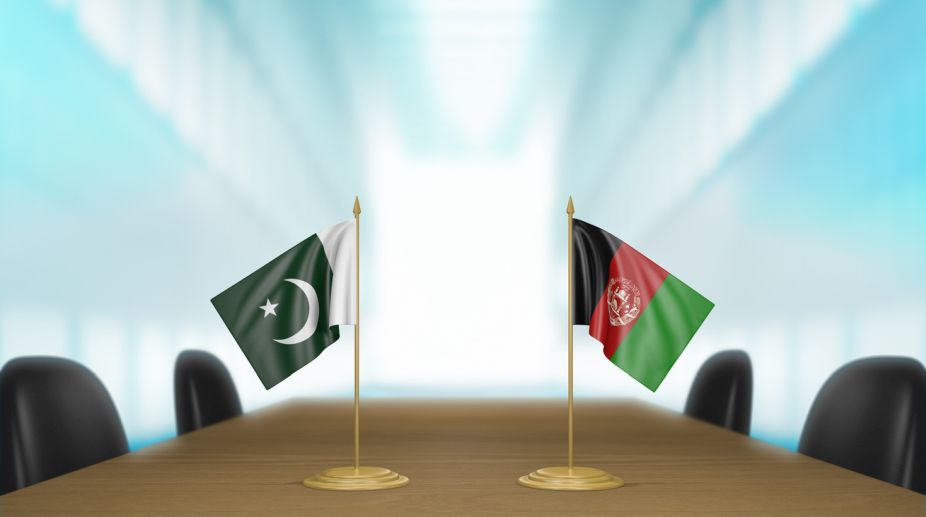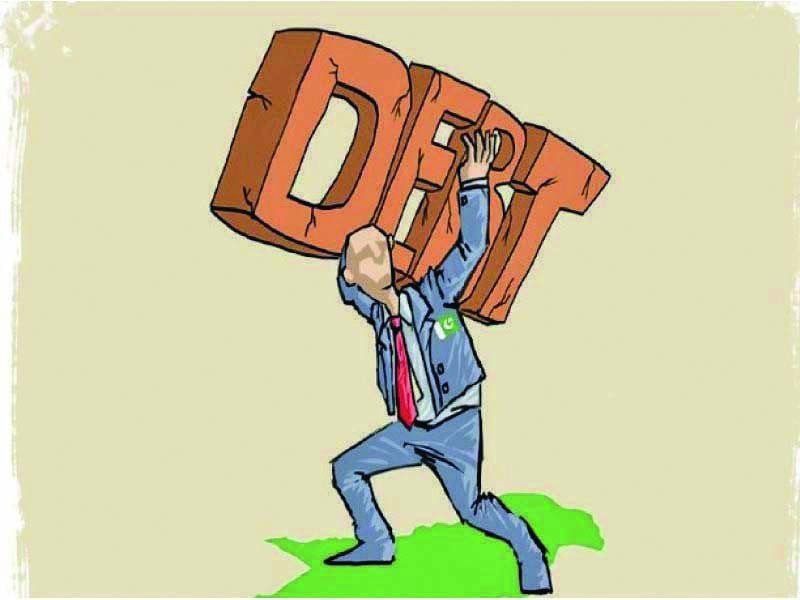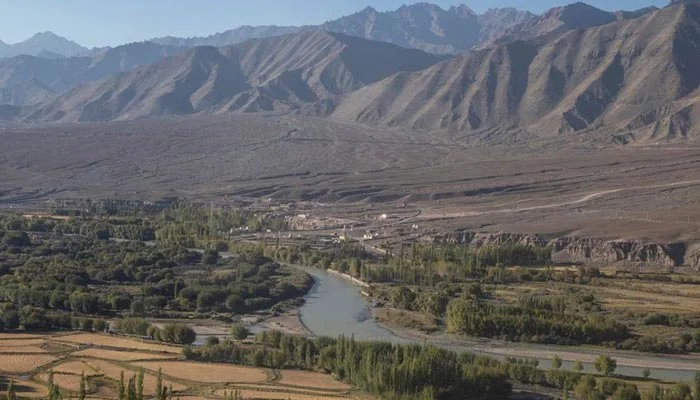Arshad Mahmood Awan
The revelation by the Auditor General of Pakistan (AGP) that sugar mill owners have amassed a staggering Rs300 billion in additional profits by inflating retail prices after being granted export permission is a damning indictment of the country’s governance system. It is a story that lays bare the nexus between business lobbies, political power, and state failure. The sugar industry, infamous for its political clout and profiteering, has once again manipulated policy to enrich itself while ordinary citizens bear the cost.
This is not merely a case of corporate greed; it reflects the deep structural malaise of governance in Pakistan. The AGP’s testimony before the Public Accounts Committee (PAC) of the National Assembly illustrates how the state repeatedly fails to regulate markets, protect consumers, or enforce accountability. Instead, it often acts as a shield for entrenched economic elites—particularly when their interests align with those of the ruling class.
What makes the scandal even murkier is the opacity surrounding sugar mill ownership. It is widely acknowledged that a significant portion of the industry is directly or indirectly controlled by politically exposed individuals—parliamentarians, ministers, and their relatives. In some cases, proxies are used to conceal the actual beneficiaries. The government’s unwillingness to provide the PAC with anything more than the names of the mills’ directors raises serious suspicions. As PAC chairman Junaid Akbar Khan pointed out, the pattern of first exporting sugar and then importing it at higher prices smacks of deliberate policy manipulation designed to serve a narrow group of 42 influential families.
The PAC’s demand for full disclosure of sugar mill ownership is entirely justified. Citizens have every right to know who profits at their expense when public policy is crafted to favor private interests. While the committee deserves credit for demanding transparency, history offers little reason for optimism. This is not the first time the sugar industry’s manipulative practices have been exposed. The 2020 sugar crisis under the Imran Khan administration followed a similar script: soaring retail prices, artificial shortages, and an inquiry commission that confirmed manipulation and profiteering linked to export subsidies. Despite its recommendations for stricter regulation, almost none have been implemented.
https://facebook.com/RepublicPolicy
Meanwhile, the Competition Commission of Pakistan has consistently failed to enforce penalties against the sugar cartel for price-fixing and collusion. This failure is not an accident; it is the byproduct of an economic system captured by politically entrenched elites. Whether the PAC can break this cycle remains doubtful. With the owners of these sugar mills occupying the highest echelons of political power, reform will require courage, institutional independence, and sustained public pressure.
Until Pakistan confronts the unholy alliance between politics and profiteering, crises like these will continue. The sugar cartel is not just an economic problem; it is a symptom of state capture—a condition where governance serves the powerful few rather than the public. For Pakistan to break free from this cycle, transparency, accountability, and political will must move from slogans to action. Only then can the people be protected from predatory policies that exploit their economic vulnerability for private gain.














